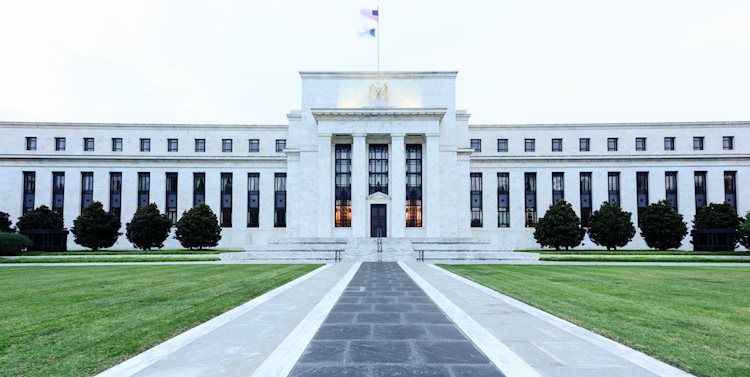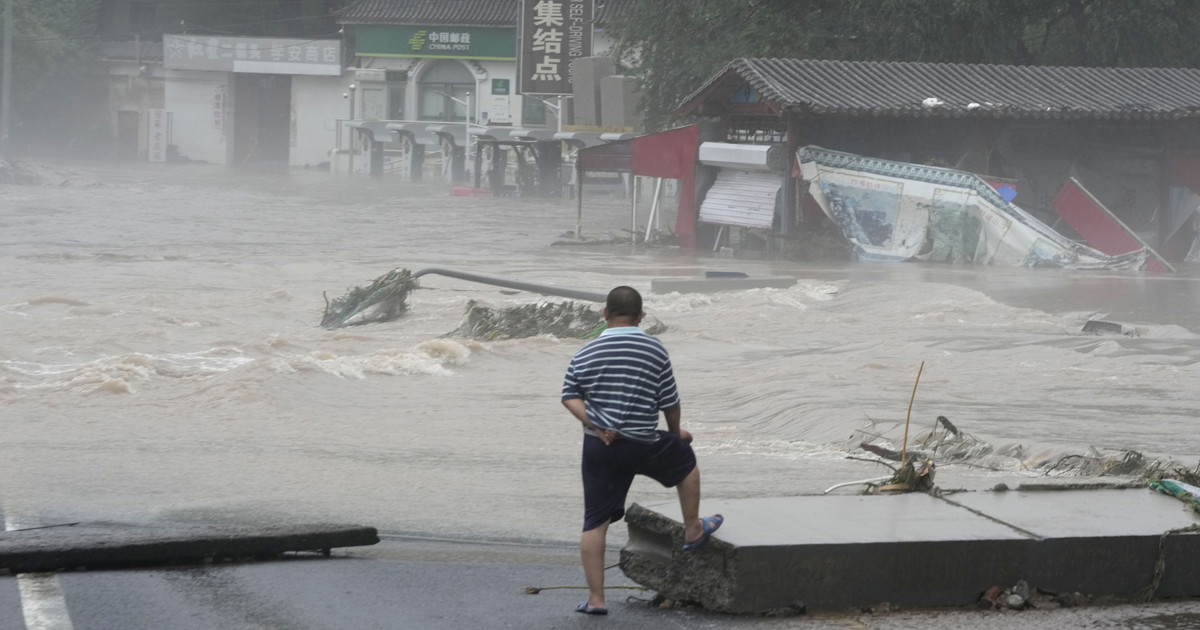Data from the V-Dem Institute (Varieties of Democracy), based at the University of Gothenburg, show how Russia has restricted the work of the press and acted in the dissemination of disinformation both at home and abroad. From the fall of the Soviet Union to 2021, the main indicators in the database have worsened since President Vladimir Putin became the most powerful man in the country in 1999.
Cases of harassment against journalists and censorship actions by the government against press vehicles and on the internet have grown significantly, according to the statistical model developed by researchers at V-Dem, the most complete database of an observatory of the democracy in the world.
Censorship is present in at least 42 governments today, according to the Democracy Report 2022, released this week. It is the second most present indicator of the decline of democracy in the world, behind only the repression of civil society organizations. Harassment of journalists is the sixth cause of concern for autocracies, with more than 35 countries reporting such cases.
In the case of Russia, the indicator that measures whether the government tries, directly or indirectly, to censor print media vehicles or radio and television stations, left a level of specific and more sensitive cases, in 1999, for direct and routine action against the free press. The die, which ranges from 0 to 4 and represents more freedom the higher the number, has dropped from 2.270 when Putin comes to power to 0.252 in 2021.
A similar scenario, albeit with less intensity, is repeated in the aspect of harassment of journalists. If, in 1999, the environment was closer to a situation in which part of the professionals critical of the powerful were prevented from continuing their work, but others preserved some freedom of action, currently the indicator shows that cases in which negative reports to the rulers are not prohibited by the government and that their perpetrators are not threatened or targeted by even worse practices. From 1999 to 2011, the indicator did not go below 1.5, but today it is at the lowest level in the series, at 1.265.
In a situation of war like the one currently experienced in Ukraine, on the initiative of Russia, the tendency is for increased restrictions on journalistic activity, as has been recorded since the invasion of the country on February 24th.
deliberate misinformation
The report also points to the increasing use of disinformation by governments to influence public opinion inside and outside territories. At this point, Russia has also been steadily worsening since Putin came to power. The V-Dem indicators quantify and make comparable with other nations what the conjuncture of the war against Ukraine and the support for the government of Belarus materialize.
On V-Dem’s main indicator, the Liberal Democracy Index (LDI), Russia ranks 151 out of 179 listed countries – Ukraine ranked 99, in the bottom half of nations, but considered a democracy. electoral. The Putin regime is treated by scholars as an electoral autocracy.
Source: CNN Brasil
I’m James Harper, a highly experienced and accomplished news writer for World Stock Market. I have been writing in the Politics section of the website for over five years, providing readers with up-to-date and insightful information about current events in politics. My work is widely read and respected by many industry professionals as well as laymen.






